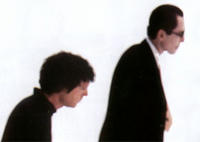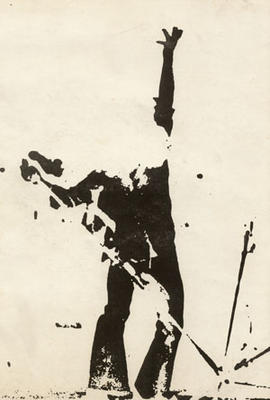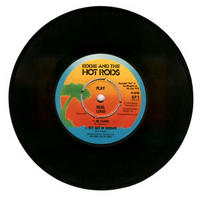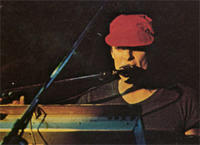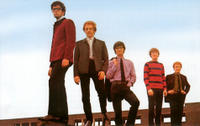 Part of the fall-out from taking a Beatles' class last spring was the accumulation of vast amounts of 1960s music that I have barely listened to since. Amongst this are a couple of CDs that I found at Collector's Choice music store reissuing Manfred Mann's first four U.S. LP releases.
Part of the fall-out from taking a Beatles' class last spring was the accumulation of vast amounts of 1960s music that I have barely listened to since. Amongst this are a couple of CDs that I found at Collector's Choice music store reissuing Manfred Mann's first four U.S. LP releases.I finally gave myself a little time today and listened to them properly.
Anf what gems they were. Admittedly, I am an absolute sucker for early/mid 1960s British R&B (Rolling Stones, Them, Yardbirds, Pretty Things etc.), so these hit the spot as well as anything but what impressed me is the drive and power of this oft-regarded pop band. The usual suspects appear - "Hoochie Coochie Man", "Smokestack Lightnin'" etc. - but they are performed with a fire and verve which belies the more commercial (but still satisfying) public image of the band ("Pretty Flamingo", "Do-Wah-Diddy" etc.).
Paul Jones is an excellent R&B belter, easily as impressive as Jagger of the period, and the band plays with a smooth sophistication behind him. A personal favorite - "I'm Your Kingpin".
But in the midst of all this up popped an unexpected song - "My Little Red Book", a prime slab of Burt Bacharach songcraft. Unexpected because I know this song from Love's garage/punk rendition that elevates the hurt & 'mistreated' guy protagonist to near-paranoid levels. Manfred Mann's version is much more cool but equally valid. Very fun to hear, and another reminder of Bacharach's skill. No wonder he appears on the cover of the best Oasis album "Definitely Maybe". But that's another topic.


